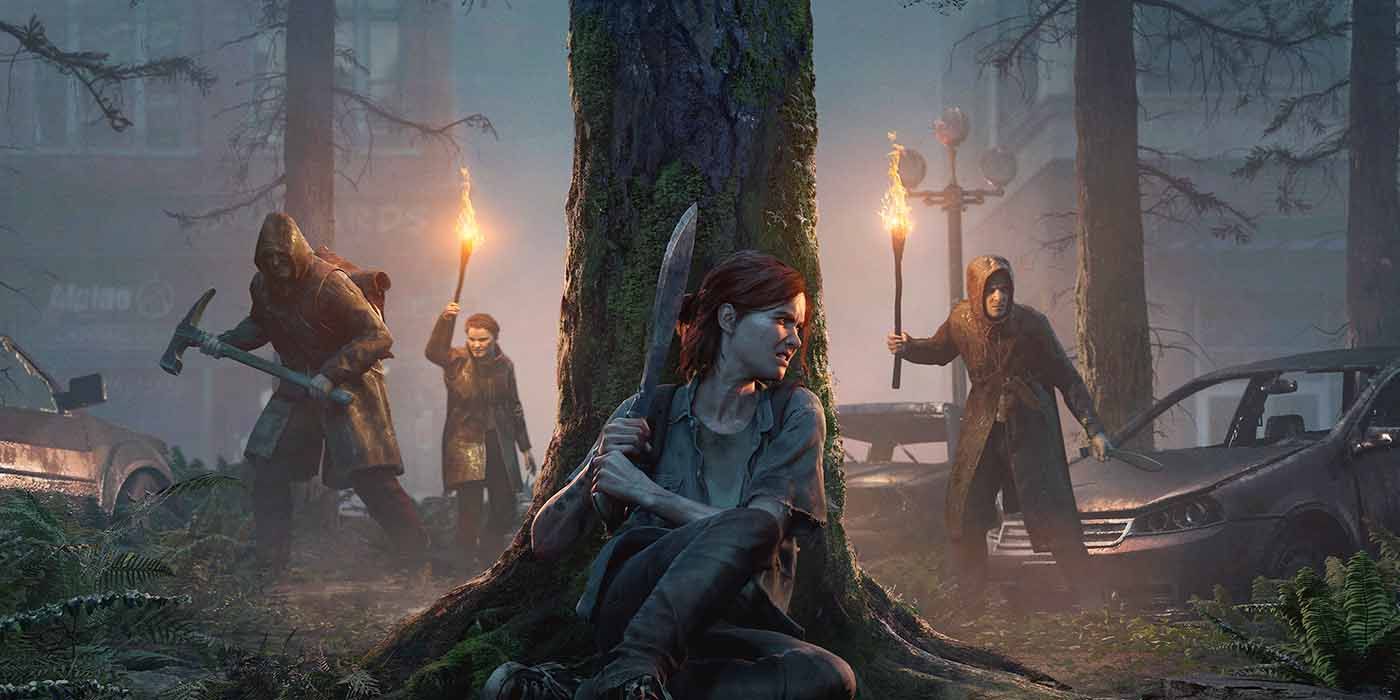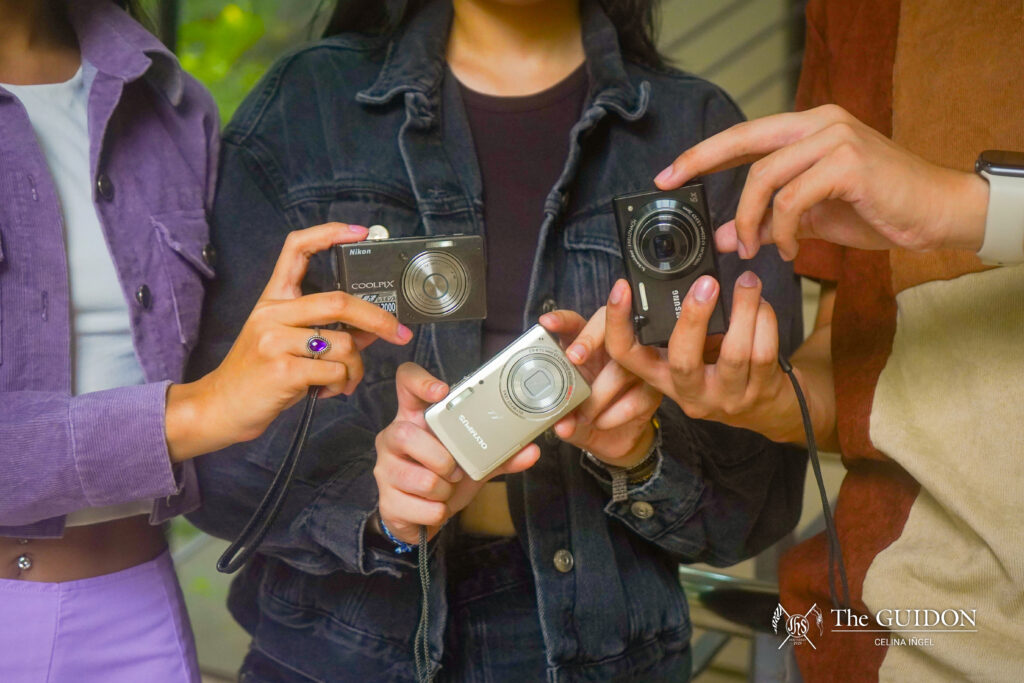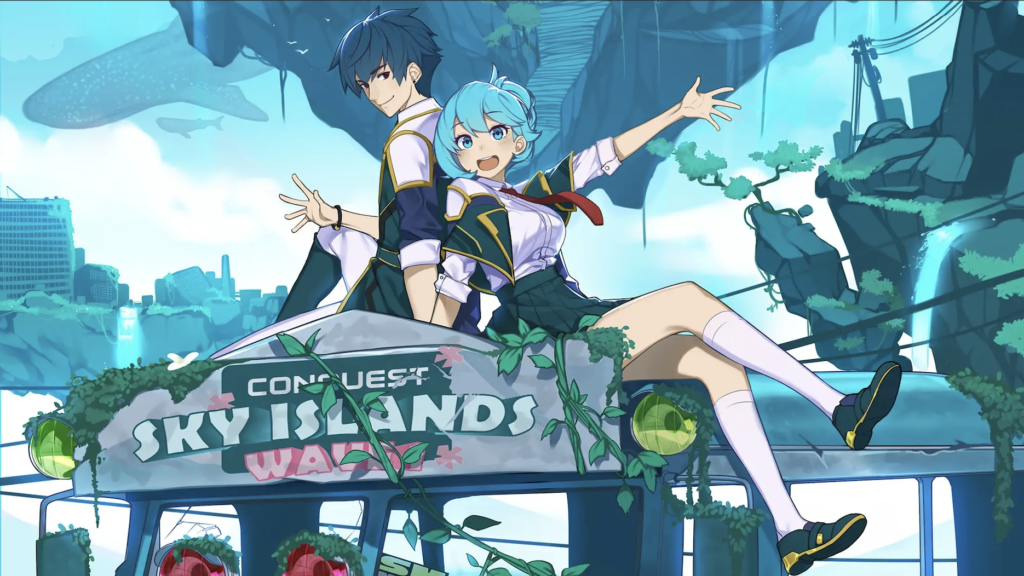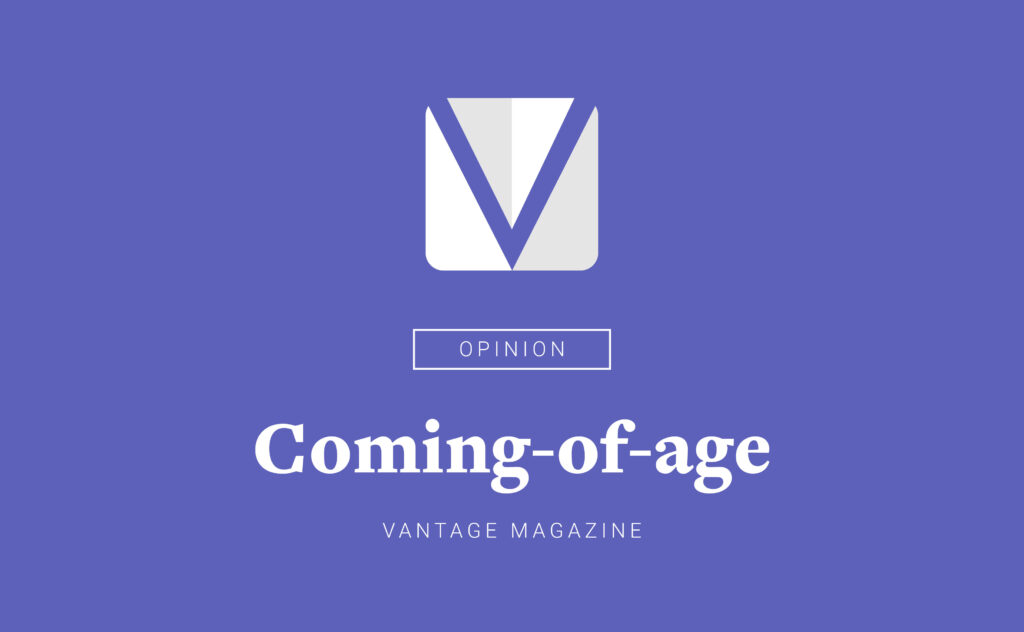When Naughty Dog’s The Last of Us was first released in 2013, it took the entire world by storm. Aside from the fast-paced action, stellar graphics, and immersive gameplay, players immediately fell in love with the dynamic between Joel and Ellie, the two protagonists of the story. This eventually led the game to have a massive cult-like following.
Yet with the recent release of The Last of Us: Part II in June, adoration for the series quickly transformed into uproar and feelings of hate. Although the highly anticipated sequel has received universal acclaim from critics, player reception has been divided prior to the game’s launch. So what exactly went wrong?
The calm before the storm
Many gamers found themselves eager to get their hands on the game when the initial promotional material of the sequel was released. Kiel Quismundo, a 4 AB FILM student at Meridian International Business, Arts and Technology College noted that the first few trailers marked a drastic departure from the tone of the first game. “I was actually pretty excited because you could tell the game was going to be much darker than the first one. Instead of tackling the first game’s theme of love, you could see that this one seemed to be focused on hate, so that was what interested me,” he says.
Paolo Driz, a 4 AB DS student at De La Salle University, and Luigi Mariano (4 BS MGT) of Ateneo de Manila University echo similar sentiments as Quismundo. Mariano mentions that much of his excitement came from the prospect of seeing more interaction between Joel and Ellie, given their dynamic chemistry as a duo.
“I had full faith in Naughty Dog, so I knew that there was going to be something special with this game,” Driz adds.
However, with eager anticipation comes high expectations—something The Last of Us Part II was not spared from. When the game released last June 18, the title was met with critical acclaim from journalists and publications within the gaming industry. While reviewers noted that the game was a worthy successor to its first installment, many players didn’t seem to feel the same way.
Not long after the release, the game’s developers were subjected to various hate messages from now-former fans of the franchise. Homophobic, anti-Semitic, and sexist comments were hurled at the development team upon the inclusion of a trans character named Abby. The messages were so intense that the game’s director called the gamers out for being “vile, hateful, and violent.”
It wasn’t only the developers who faced harassment, though. Both Abby’s voice actor Laura Bailey and face model Jocelyn Mettler received death threats, along with many other derogatory and threatening comments. This criticism eventually pushed Mettler to delete all of her active social media accounts while Bailey spoke out against the threats which she received, saying, “Sometimes this just gets a little overwhelming.”
Mixed player reception
With all the controversy surrounding the game, gamers found themselves divided in their opinions on The Last of Us Part II. While some players like Driz loved every aspect of the game, others such as Mariano and Quismundo found that they had mixed feelings about the plot. Yet despite their conflicting opinions on the outcome of Part II, all three of them condemn the online backlash which the game has received.
In many ways, the vicious slew of responses for The Last of Us Part II has brought about a number of deep-seated issues within the gaming community, such as internalized sexism, transphobia, and racism. Its re-emergence in public light has only highlighted the need for the gaming community to move towards becoming more inclusive and respectful, which all three gamers assert.
Both Quismundo and Driz agree that there are healthier ways for people to express their feelings on the game. “I think the gaming community still has a lot to learn,” Mariano says regarding the toxicity that underlies the fanbase. “The community has to grow up from its immature ways and accept that these things are out of their control.”
Rather than fueling hate and harassment on the internet, the three gamers believe that members of the community could engage in healthier discussions where they air out their opinions. “One of the things that I love most about this game is how it opens up a lot of room for discussion for people to talk about,” says Driz.
“Love it or hate it, this game is going to be talked about for a long, long time, and I believe the gaming community can afford to do so civilly,” Driz concludes.






